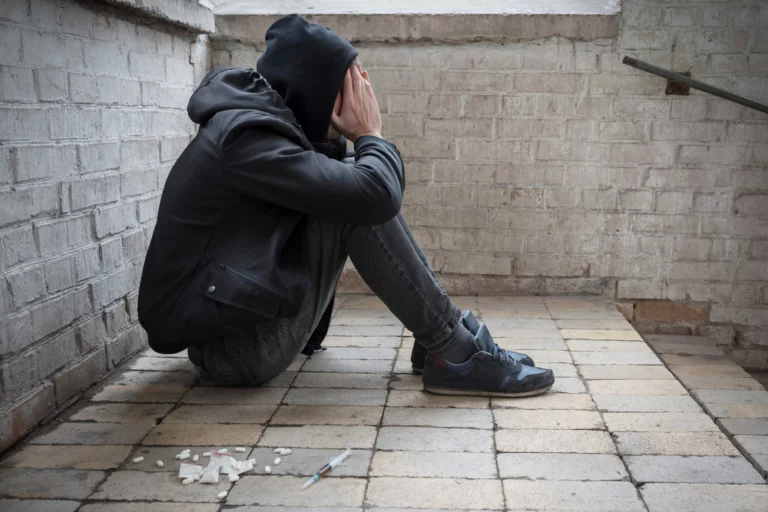Fentanyl abuse has become more and more rampant in the United States over the past few years, and many people don’t know about the risks and dangers of this drug. If you’re looking for discussion topics for your support group, therapy appointment, or even just looking to spark conversation with a child or loved one, here are a few good conversation topics surrounding fentanyl abuse.
1. The Risk of Fentanyl Use
First and foremost, education on fentanyl and why it’s so dangerous is incredibly important for teens, loved ones, and even those already using fentanyl who may not understand just how dangerous it actually is. Fentanyl is an extremely potent opioid that’s prescribed for extreme pain, often associated with childbirth, surgery recovery, or experienced trauma (like a car accident). This drug is prescribed less often than other opioids because of how potent it is.
Fentanyl is extremely deadly in much smaller doses than other opioids, so overdosing is much more likely. Not only that, but many drug dealers will use fentanyl to “beef up” some of their other drugs, making them stronger without having to pay as much money. However, they won’t tell the people they’re selling to that their drugs include fentanyl.
Because of this, many people have overdosed on fentanyl-laced drugs. When people use drugs like heroin, they may take multiple doses back to back to sustain their high. If they don’t know that their drugs are laced with fentanyl, they may accidentally take too much, causing an overdose.
2. The Opioid Overdose Crisis
In 2019, almost 50,000 people in the United States died from overdoses that involved the use of opioids. This crisis is a serious problem that often starts with a prescription. In the late 1990s, many doctors prescribed opioids to their patients without warning them of the side effects and potential addiction risk, as they were advised by the pharmaceutical companies selling these drugs.
Because doctors and patients didn’t truly know the risk of these drugs, they were prescribed widely (and still are to this day). Many people’s opioid addiction starts with a prescription. The problem is, people develop a tolerance quickly for this drug, leading to an increase in their dosage. Unfortunately, doctors aren’t willing to prescribe this drug forever, so when the prescription runs out, patients turn elsewhere to keep the withdrawal symptoms at bay.
This leads us again to the fentanyl issue. When people turn to more dangerous street drugs, they don’t know what’s inside of them. If they’re used to using hydrocodone and are given something laced with fentanyl, it may be easy for them to overdose without even knowing it. It’s important to discuss this fact with current and former addicts. Reinforcing this crisis can help relieve their guilt, letting them know that their addiction wasn’t their fault.
3. Making Naloxone Accessible
Naloxone is a hot topic amongst all opioid users, especially those who use unidentified drugs that may contain fentanyl. Making sure you discuss Naloxone with users in your life (whether they’re loved ones, friends, or even patients), is important. Naloxone is literally a life-saver. This drug can bring people back from the brink of death when they’ve overdosed on opioids.
Risk avoidance is important within the drug addiction community. Many places have started offering clean needles, needle disposal, and Naloxone as a way to prevent overdose and other dangerous side effects associated with the use of intravenous drugs.
Have this conversation with the drug user in your life, and make sure they know where to find Naloxone and carry it on their person. You can also carry Naloxone yourself to ensure that you’re prepared for the worst-case scenario.
4. Why Users Should Look Out for Each Other
Drug abuse addicts should always look out for one another, whether they’ve met in treatment or out in the world through another connection. Even if you can’t help yourself, sometimes it feels easier to help other people. By carrying Naloxone or preventing a friend from trying harder drugs, you can save a life. Looking out for your addicted friends can look different for everyone. If you’re clean and your friends are still struggling, help if you can, but don’t sacrifice your own sobriety.
This is a topic that’s reinforced often in group therapy and support group settings. No one understands what an addict is going through like another addict, so be there to help when you’re capable, even if that just means carrying Naloxone on you or being a phone call or text message away.
5. Why You Should Seek Help
This conversation can be difficult to have, but it’s an important one. Knowing when to seek help on your own can feel impossible. When you’re clouded with drug use, getting treatment might be the last thing on your mind. That’s why it’s so important to have this conversation with loved ones and friends who are struggling. Sometimes, people struggling with opioid abuse might not realize it, so it’s up to outside sources to give them a heads up.
Because drugs like fentanyl are so dangerous, it’s important to keep your friends and loved ones from using them. Doing so can help to prevent an overdose. To do this, you don’t have to sacrifice your own well-being, but instead can present yourself as a support system, letting them know that you’re there for them no matter what. If that means helping them get treatment, so be it. However, it’s also important to educate users on why treatment is important and why they should want to seek it to better themselves.
Seek Treatment for Fentanyl Addiction Today
If you or a loved one is struggling with fentanyl addiction, it’s time to get the help you need. Conversations can only take you so far. To learn more about our treatment programs and how we can help you get and stay sober, call us today. We’re ready to answer any questions you may have.








